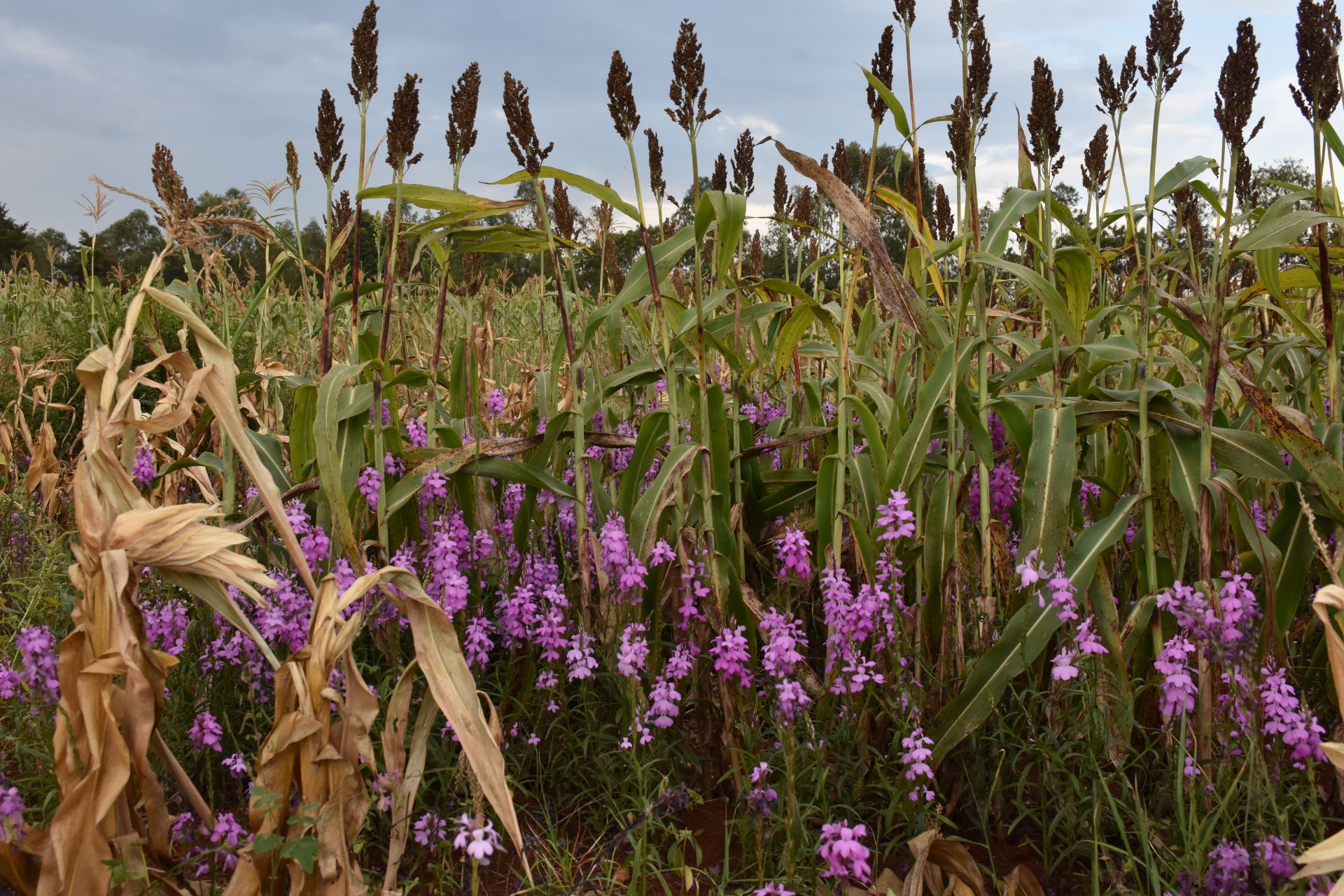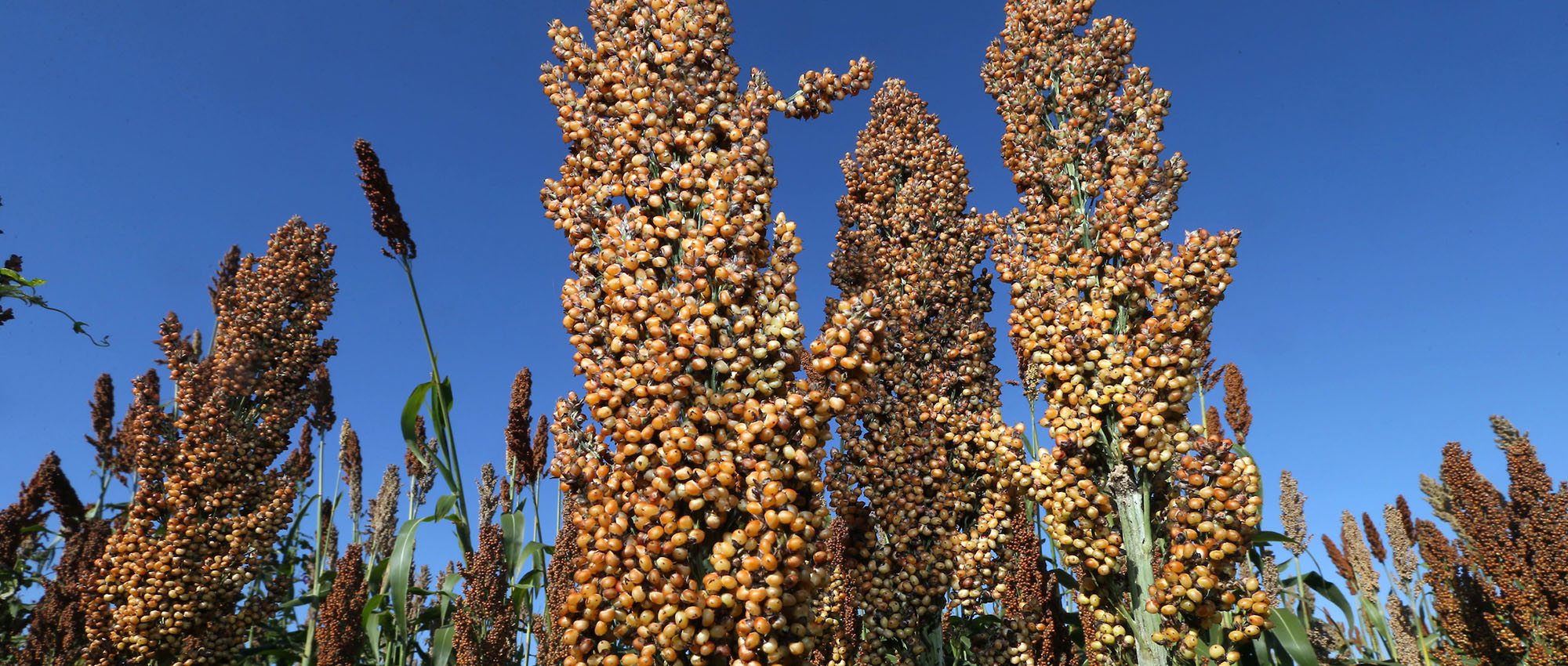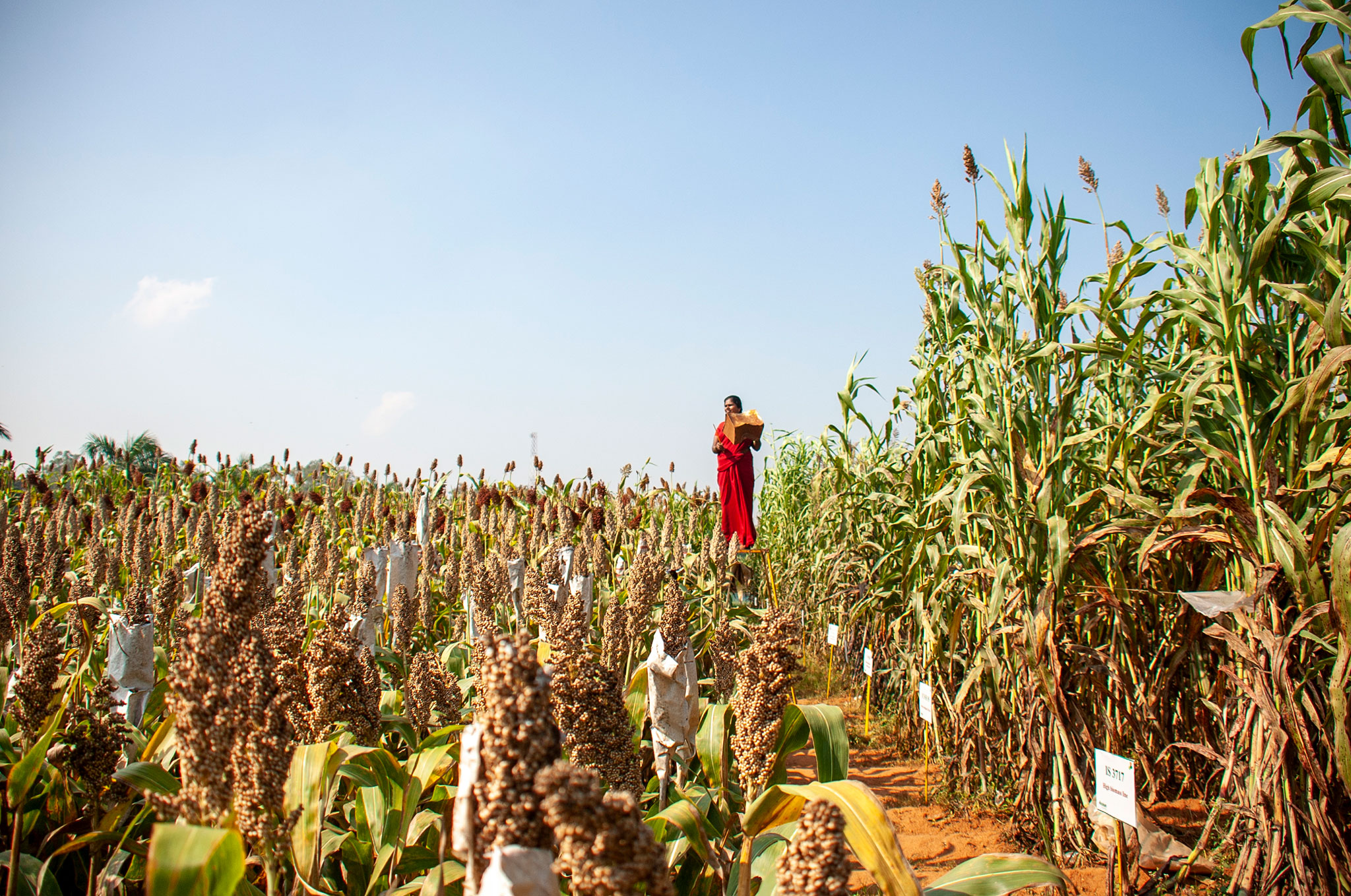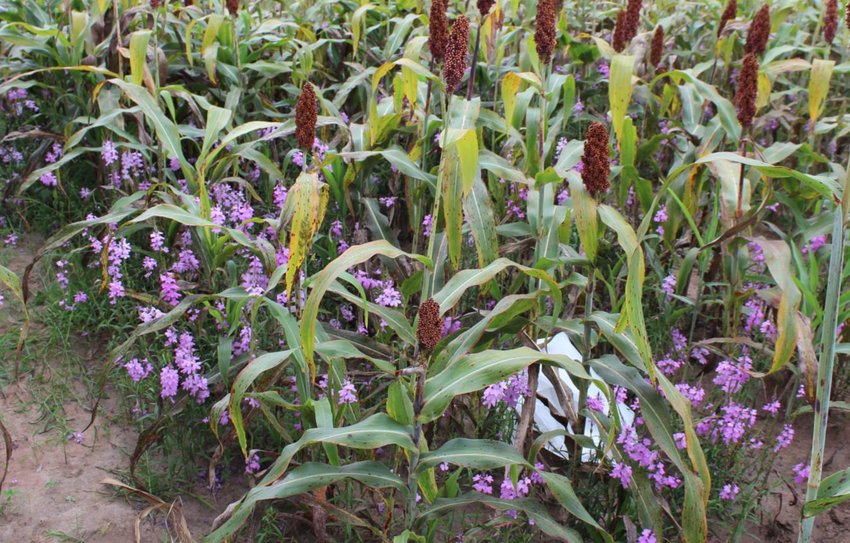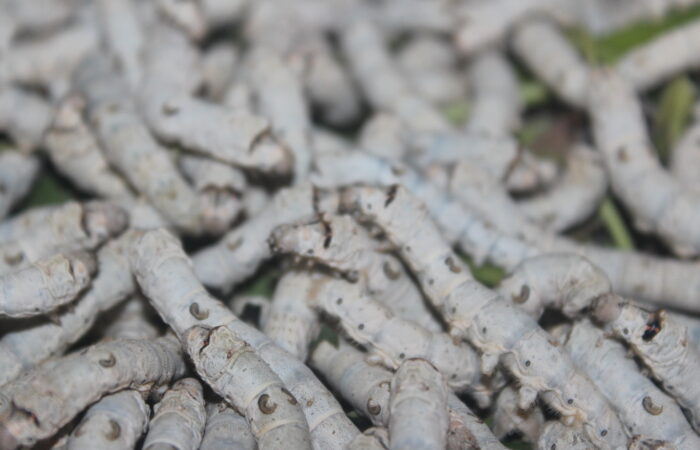

- About TRIDI
- Academic Unit
- Skills Competitions
- Research and Innovations
- Commercialization of Sericulture Technologies and InnovationsProject
- Breeding of Sorghum for Striga resistance
- Coffee Production, Processing & Utilization
- Biosafety Regulatory Systems
- Integrated Sustainable Intensification and management
- Performance Enhancement, Management And Public Administration
- Publications
- SIYEP SKILLS

Contact Us
Great things in business are never done one. They're done by a team of people.
Need Help?
Email us directly
tridiuganda@gmail.com
Call us directly
+256 200 911 090
+256 777 284 388

